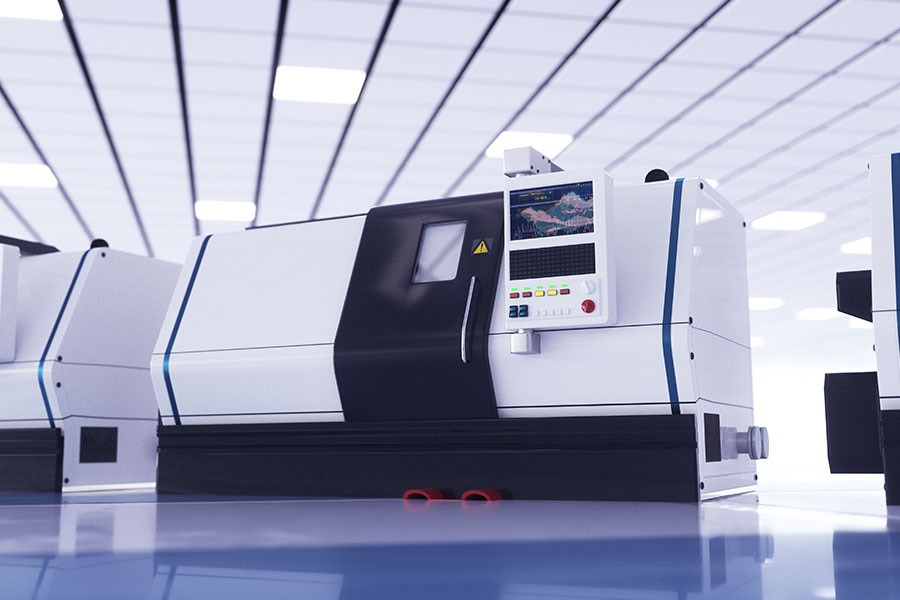
(JW Insights) Apr 6 -- US-Japan export curb alliance will do a lot harm to China’s ability to make and develop chips under 16 nanometers, said a report by Bloomberg on April 5.

Japan’s trade ministry recently said it will expand restrictions on exports of 23 types of leading-edge chipmaking technology, as the US ratchets up efforts to limit China’s access to key semiconductor knowhow.
That affects a broad range of companies that have been central to China’s efforts to build a domestic chip industry, including Tokyo Electron Ltd., Nikon Corp. and Screen Holdings Co.
While not as high-profile as their counterparts in the US or Netherlands, Japanese companies control key steps in the semiconductor supply chain, which could be used as potential chokepoints against China.
“The goal of these new controls is to cut off Chinese firms from a broad array of advanced chipmaking tools with the aim of making it more difficult for Chinese firms to manufacture advanced chips for artificial-intelligence purposes,” said Chris Miller, an economic historian and author of Chip War: the Fight for the World’s Most Critical Technology.
When the Biden administration unveiled its sweeping restrictions on chip-related exports to China in October, American companies such as Applied Materials Inc. were directly affected by the rules. With the addition of the Netherlands and now Japan, all the major countries that produce chipmaking equipment are participating in the China blockade. The restrictions cover the most advanced machines, including those that make logic chips at 16 nanometers or more advanced geometries.
“Japan joining the export curbs will do great harm to China’s ability to make and develop chips smaller than 16 nanometers,” said Akira Minamikawa, analyst at research company Omdia.
The three-country alliance will certainly compel Beijing to step up efforts to develop Chinese supplies of chipmaking equipment and materials, so it’s no longer reliant on foreign suppliers. But that will take years and increase the cost of producing semiconductors for the Chinese market.
Over the weekend, China’s Foreign Minister Qin Gang urged his Japanese counterpart to refrain from supporting US efforts to suppress the Chinese semiconductor industry. Qin said a chip blockade will only strengthen Beijing’s resolve to achieve self-reliance.
The country’s stance will likely cost Japanese companies in lost sales. Nikon, for example, gets about 28% of its revenue from China and it has been banking on strong demand for its immersion lithography machines in China to help finance its next technological bet, aimed at closing the gap with Dutch rival ASML Holding NV, according to Bloomberg.
Japan is home to dominant makers of photoresist coaters and developers and mask inspection equipment needed to make the most advanced chips, as well as the single biggest source of silicon wafers and many of the fine chemicals necessary.
Tokyo Electron, which gets about 25% of its sales from mainland China, could see that drop by five to 10 percentage points, according to Bloomberg Intelligence analysts Masahiro Wakasugi and Brian Moran.
While China will try to develop its own technologies, historically it’s been difficult to catch up in semiconductor technology due to the rapid improvement in processing power in rivals’ integrated circuits, said Miller. “Japan’s new restrictions make it much harder for China,” he added, said the Bloomberg report.
(Gao J)
RELATED
-
Apple’s Chinese supplier Luxshare Precision gives up $330 million investment in India
11-20 17:28 -
European Commission President von der Leyen will visit China in wake of the EU’s ongoing probe into China’s subsidies on EV industries
11-20 16:59 -
Local governments in China come up with policies to support AI development in 2023
11-17 19:12
READ MOST

No Data Yet~







